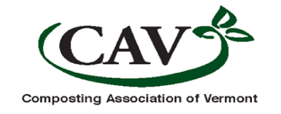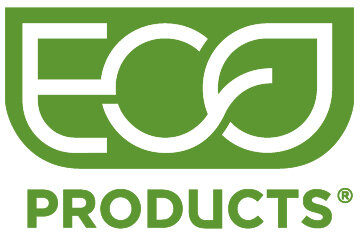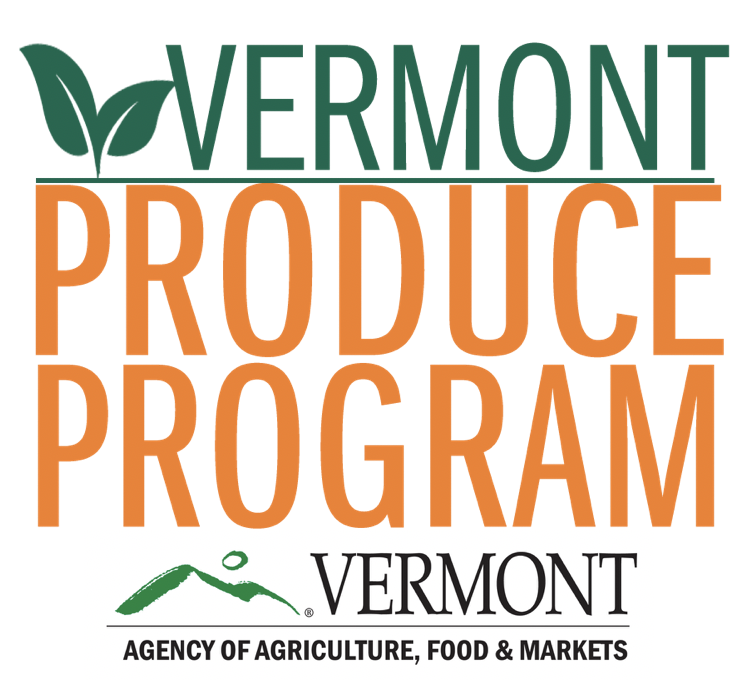Below are the recordings for the (non-tour) sessions from Thursday May 6th.
10:00-11:30 AM: Soil Builders: Compost-Based Best Management Practices for Erosion Prevention & Sediment Control
Building on a March 23rd CAV Soil Builders webinar with Chuck Duprey (Naturcycle) and Brian Jerose (Agrilab Technologies Inc.), we take a deeper dive into compost-based Best Management Practices (BMP) for erosion prevention and sediment control. This session will provide a brief overview of the practices, and then get deeper into application of the BMPS with an extended Q&A with an expert panel. In addition to the recording of the Soil Builders BMP module, you can also check out the Compost Standards & Specifications session from VORS 2020 and sessions M4 and A4 from VORS 2019.
Natasha Duarte, Introduction to the Soil Builders program starts at 3: 32
CAV Jamaica Project & Discussion, starts at 14:44
More Case Studies & Discussion with Jack Eaton, starts at 23:57
Phosphorus Concerns & Discussion with Mike Carignan, starts at 46:44
Incorporating compost into projects & discussion with Heather Voisin, starts at 1:00:06
1:00-2:30 PM: Organics Diversion Options in Chittenden County
CSWD’s Rhonda Mace provides an overview of the food scrap management landscape in Chittenden County. She touches on the myriad options for how Chittenden County residents and businesses can comply with the food scrap diversion requirements of VT’s Universal Recycling Law (Act 148), including: food recovery/waste prevention, onsite management (garbage disposals, grinders, dehydrators, backyard and community-scale composting and digesting), feeding animals, drop-off options, curbside pickup, and - importantly - where those organics may end up depending on the option chosen. Rhonda shares where to find more information about each option and gives an overview of current licensed food scrap haulers in Chittenden County. CSWD's Michele Morris rounds out the session by moderating Q&A.
Rhonda Mace, starts at 3:35
Q&A moderated by Michele Morris, starts at 43:27
3:00-4:00: Zoning: The Compost Entrepreneurs Challenge
The US Composting Council (USCC) is releasing a Model Zoning Template this year which is designed for adoption by cities, counties and towns to implement in their zoning codes. Compost manufacturers looking to open facilities or expand are often stymied by lack of zoning and this Model Template was formed from a study of the zoning codes that are out in the policy-sphere as best zoning practices for small, large, and on-farm sites, as well as consolidation (collection) sites for community composting.
Linda Norris-Waldt, starts at 3:09
Marcus Zbinden, starts at 20:23
Linda Norris-Waldt, starts at 43:17
Q&A, starts at 49:34
Special thanks to:
Thanks to our Sponsors:
Learn what the Produce Safety Rule means for your business.











